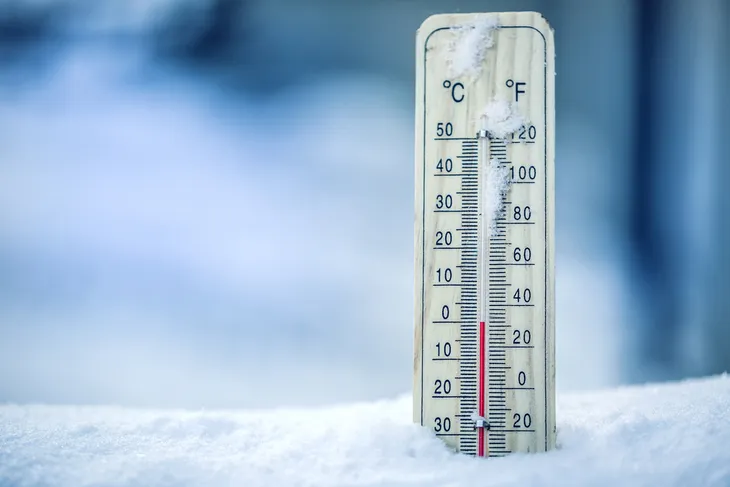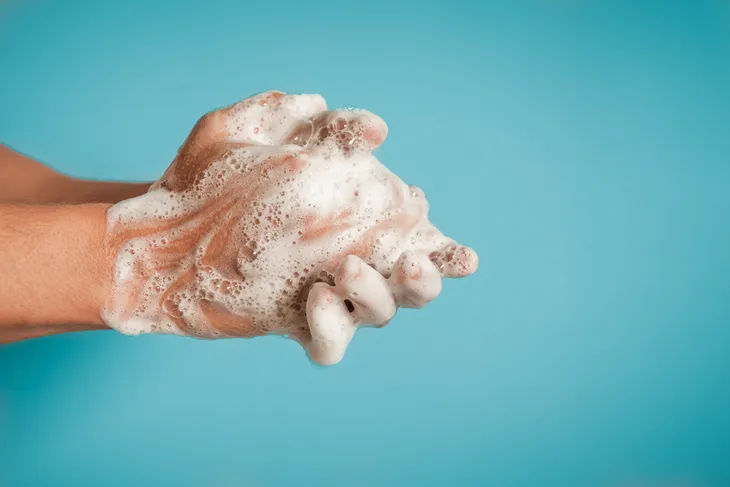Nobody wants to have to go through a full-blown COPD flare-up. Chronic obstructive pulmonary disease (COPD) is a chronic inflammatory lung disease where the airways in your lungs become swollen and partly blocked. Trouble breathing, relentless coughing, and an inability to sleep are just a few of the potentially life-threatening symptoms that can result from a COPD flare-up.
Fortunately, by understanding what most commonly causes COPD flare-ups, you can prevent them from happening in the first place.
Avoid Cigarette Smoke
Cigarette smoke, whether inhaling it from you smoking or as secondhand smoke from someone around you, is responsible for at least 85-percent of all cases of COPD. Beyond causing COPD in the first place, smoking can cause further inflammation in people with COPD as a result of the tar and many other toxic chemicals inside cigarettes. This inflammation can lead to severe flare-ups, a worsening of your condition, and a greater risk of lung infection.
Quitting smoking is a great first step in preventing COPD flare-ups. If you don’t smoke but find yourself around a lot of people who do, removing yourself from situations where you might inhale a lot of secondhand smoke is also helpful. For example, for family functions involving family members who smoke, communicating beforehand about your COPD can help to avoid any possibility of flare-ups.
Avoid Irritants
What irritants actually cause flare-ups to happen will vary from person to person, but there are several irritants commonly associated with COPD flare-ups. They generally belong to two categories: indoor and outdoor irritants.
Indoor Irritants
Studies show that something as simple as performing household chores can result in a COPD flare-up. Specifically, people with COPD can experience flare-ups when performing household chores involving certain chemicals, such as those found in:
- Cleaning products
- Perfumes
- Scented products, such as candles, bug spray, and hair products
- Wood smoke
Similarly, dust and pet dander when sweeping, dusting, or vacuuming can also be major triggers for people with COPD. Other household triggers can include:
- Fumes and odors caused by cooking
- Fireplaces
- Kerosene heaters
- Dirty air filters
When cleaning or cooking, ventilation, the use of natural (irritant-free) products, frequent breaks, and potentially even protective masks are advised to help avoid COPD flare-ups when indoors. To deal with dust and pet dander, frequent vacuuming, hardwood floors, and restricting pet access around the house can all also help to prevent flare-ups from happening.
Outdoor Fumes and Irritants
When you step outside, you’re beholden to whatever random irritants are floating in the air. These irritants often include:
- Vehicle exhaust
- Factory pollution
- Spills at gas stations
- Sewer fumes
- Pollen
To help prevent flare-ups when outside and exposed to any of the above, you should limit any physical activities that require you to breathe more heavily than usual (running, biking, etc.). This is especially true when smog levels are high, as it has been suggested that high levels of ozone in the air may contribute to COPD flare-ups.
To check ozone readings, you can simply check with your local weather channel. Ozone levels tend to be at their highest between May and September and are higher in the afternoon than in the morning.
Of course, when possible, staying inside when you know that irritants are present and/or smog levels are high is the best way to prevent flare-ups. If you have to venture outside during these times, wearing a painter’s mask can also serve as a form of prevention/protection.
Limit Time Outside During Extreme Weather
Besides irritants, the weather itself can contribute to flare-ups in people with COPD. Specifically, there are studies that suggest that the combination of low temperature (especially below zero) and high humidity is likely to trigger COPD.
As a result of these studies, it’s recommended that people with COPD keep their indoor temperatures at 18.2°C (64.8°F) or above to ensure a humidity level of 70-percent or less (ideally closer to 40-percent), typically with the help of a dehumidifier. During cold weather, if you have to go outdoors, covering up your mouth and nose as best as possible is also recommended.
In addition to cold weather, to help prevent flare-ups, you should also limit time outdoors during extremely hot (above 90°F [32°C]), windy, or humid weather. On very hot and humid days, frequent breaks inside, preferably with air conditioning, is recommended.
To give you an idea of how influential weather can be, it’s not uncommon for people with more serious cases of COPD to have to move to other, more COPD-friendly parts of the country (or world) where weather is more manageable and less of a trigger.
Practice Good Hygiene
When healthy people without COPD get sick with a cold or the flu, they can usually get over it without much trouble. Due to their compromised state, people with COPD, on the other hand, can have more difficulty. This is exacerbated when you consider that colds and cases of the flu can become more severe as your COPD progresses.
To prevent contracting these otherwise common illnesses and having them contribute to flare-ups of your COPD, the Centers for Disease Control and Prevention (CDC) recommend that people with COPD get vaccinated against pneumococcal diseases and receive an annual flu shot. As per your doctor, other vaccinations may be recommended.
Other than getting vaccinated, the Cleveland Clinic also recommends that people with COPD:
- Stay hydrated
- Practice good hygiene
- Keep your home sanitized
- Avoid crowded places and people who are sick to reduce your risk of getting an infection
In the case that you do start experiencing cold or flu symptoms, which might include sneezing, a scratchy throat, a runny nose, and/or a rise in temperature, it’s important to seek professional attention as soon as possible to help prevent potential flare-ups and your sickness from getting any worse.
Be Safe Instead of Sorry
If you find yourself unsure of whether or not you’re experiencing symptoms of a COPD flare-up, even if they’re just beginning, don’t risk it. It’s better to believe your instinct, seek medical treatment, and end up not needing any treatment than to ignore your instinct, not seek medical treatment, and actually break out into a full-blown flare-up without any medical supervision present. At the very least, ask your doctor about rescue medicines to alleviate symptoms in times of emergency.









